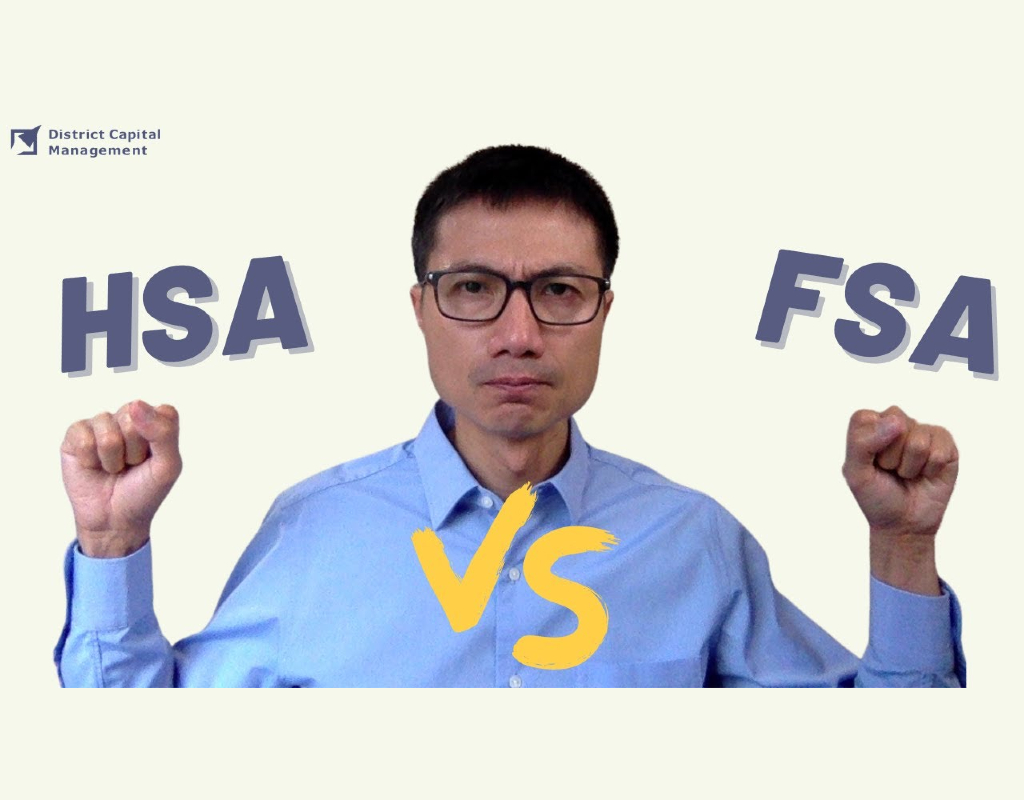
Blog: FSA vs HSA: Which One Should You Get?
In this blog, we are going to discuss the ins and outs of Health Savings Accounts (HSA) vs Flexible Spending Accounts (FSA). Many people have access to both, and it can help you lower your taxes. If you’re wondering which is better for you, read on for the 13 most commonly asked questions about FSA vs HSA.
Question 1: What are HSA and FSA?
HSA and FSA are accounts that you can use to pay for medical expenses or childcare costs. The money usually comes out of your paycheck into these accounts. You may ask why you would use these accounts instead of just paying for these costs directly.
Question 2: What are the benefits of HSAs and FSAs?
The main benefit of both of these accounts is that they can lower your income tax bill! If you contribute $3,000 to an FSA, your taxable income is lowered by $3,000. With an HSA, it gets even more interesting.
HSAs have what we call a triple tax advantage: If you contribute $3,000 to an HSA, your taxable income is lowered by $3,000. In addition, if you choose the right HSA provider, you can invest those HSA dollars in stocks or bonds and potentially grow that money. No taxes are being paid while you earn dividends or generate capital gains. In addition, the money you potentially make from those investments is tax-free! How awesome is that? I love HSAs.
The HSA downside: Not everyone is eligible.
Question 3: Who is eligible for a Health Savings Account?
To be eligible for a health savings account, you’ll need to have a high deductible health insurance plan PLUS your health insurance plan needs to be HSA-eligible.
A common mistake people make is assuming that their high deductible health plan makes them automatically eligible for an HSA. A high deductible plan doesn’t necessarily mean it’s HSA eligible. Some high deductible plans have cost-sharing agreements, meaning you get discounts on certain medical costs, which make it ineligible for an HSA.
For example, I have a high deductible plan with CareFirst, but it’s not HSA eligible. I was very sad that I couldn’t contribute further to my HSA. One trick to quickly find out if you’re eligible for an HSA: If your health insurance card has the word HSA in the name of the plan, most likely you’re eligible for a health savings account. It doesn’t always have this in the name if it’s eligible, but if it does, you know it’s likely eligible.
To read more about FSA vs HSA, click here.



Engage us on Facebook
Follow us on Twitter
Tweets by @mymcmedia